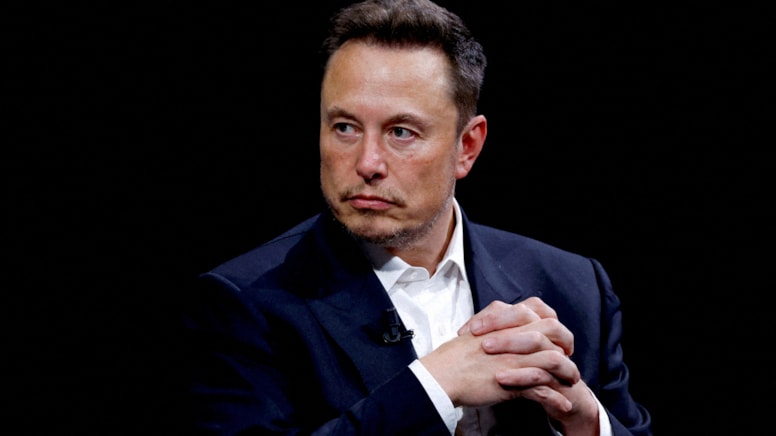Elon Musk: EU offered secret censorship deal
US billionaire Elon Musk has claimed that the European Union offered him a secret censorship deal for X, which he owns.
Elon Musk, the owner of social media platform X, claimed that the European Union (EU) Commission offered him an illegal "secret deal" to avoid penalties in exchange for silently censoring speech, which X refused to accept.
Musk reacted to the EU Commission's report that X violated the EU's Digital Services Act (DSA) in areas related to dark patterns, advertising transparency and data access for researchers.
"OTHER PLATFORMS AGREED"
In a statement on his social media account, Elon Musk said, "The EU Commission offered an illegal collusion: If we quietly censored the speech without telling anyone, we wouldn't be fined. Other platforms accepted this deal. X did not."
EU DENIES THE ALLEGATIONS EU
Commissioner for Internal Market Thierry Breton, in a post on the X social media account, referring to Elon Musk, said, "There has never been and will never be collusion with anyone."
Reminding that the EU Digital Services Act allows X and other major platforms to offer commitments to resolve the case, Breton said, "To be clear, your team has asked the Commission to explain the settlement process and clarify our concerns."
Pointing out that the Commission is acting in accordance with legal procedures, Breton said, "It is up to you whether you commit or not.
This is how the rule of law procedures work. We will meet in court or not." In response to Musk's statement that he would take the EU to court, Breton said, "As you wish."
EU REPORT SENT TO X
The EU Commission announced today that the preliminary findings of its investigation into the X platform for breaches of the Digital Services Act have been sent to the company.
In a statement, the Commission said that the investigation found evidence that the X platform's blue checkmark was designed and operated in a misleading way, and that it was used by malicious actors to deceive users.
It was noted in the statement that X did not provide the necessary transparency on advertising, and that investigators were not given access to publicly available data in line with the conditions set out in EU law.
In the statement, it was reported that X can defend itself against the preliminary findings by examining the documents in the Commission's investigation file, and if the preliminary findings are confirmed, a fine of up to 6 percent of X's total annual worldwide turnover may be imposed and the company will be required to take measures to remedy the breach.






































































